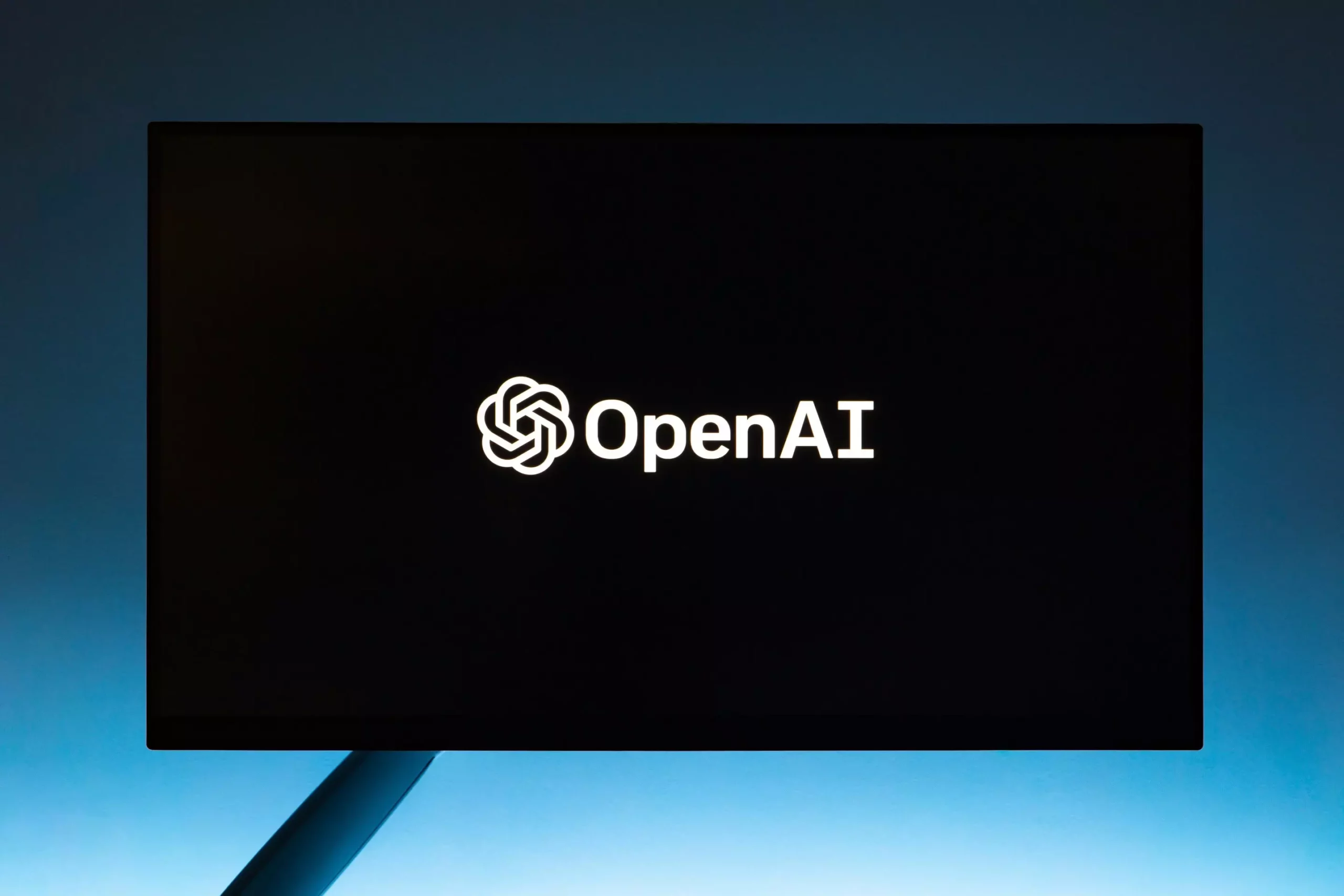Artificial intelligence (AI) has become a cornerstone of innovation in the modern tech landscape, and as organizations like OpenAI continue to push the boundaries of what is possible, ethical considerations regarding user data and privacy come to the forefront. Recently, a significant shift occurred when OpenAI expressed opposition to a proposed Californian law designed to establish baseline safety standards for AI developers. This controversial stance moves away from CEO Sam Altman’s prior advocacy for regulation in the rapidly evolving tech arena. As OpenAI’s valuation skyrockets to an estimated $150 billion, the implications of this shift warrant discussion, especially given the company’s increasing appetite for data collection and processing.
OpenAI has worn many hats since its inception: from a non-profit organization championing ethical AI development to a burgeoning tech giant immersed in the commercial sector. Altman’s earlier calls for stricter regulations appeared to align with the growing public insistence on safety and accountability in AI technologies. Yet, this recent pivot raises questions about the true motivations behind the organization’s leadership. As the company continues to innovate—with recent releases of new reasoning models aimed at tackling intricate tasks—the concurrent pursuit of expansive data acquisition may contradict its previously declared ethical commitments.
The notion that a company of OpenAI’s stature can influence AI regulations indicative of industry trends is troubling. The fact that it may oppose legislative oversight concerning safety standards suggests that the desire for unfettered access to data is prioritized over safeguarding user privacy and ethical considerations. This approach raises pressing questions about the balance between innovation and responsibility in AI development.
The Quest for User Data: Opportunities and Ethical Dilemmas
OpenAI’s recent partnerships with prominent media entities such as Time magazine and Condé Nast signify a clear intent to gather extensive content and user interaction data. This data can provide insights into user behavior—reading habits, preferences, and other engagement patterns—which could ultimately inform OpenAI’s AI models and algorithms. The consequence of this data strategy is straightforward: enhanced profiling capabilities that could lead to tailored experiences, but also can spell the potential erosion of individual privacy.
Moreover, OpenAI’s endeavors extend to investing in companies that develop biometric technologies, such as advanced AI-powered webcams. This push into intimate data collection, including expressions and inferred emotional states, blurs ethical lines and sparks privacy concerns. While proponents may argue that such innovations can lead to hyper-personalized user experiences, the risks associated with misuse of biometric data remain significant. Cases from past partnerships, like Microsoft’s collaboration with Providence Health, have highlighted the potential for personal data to be abused, causing stakeholders to question the level of trust to be placed in these technologies.
To further complicate the narrative, OpenAI’s executive board has ties to controversial ventures like WorldCoin, a cryptocurrency project attempting to create a global identification system through biometric scanning. Its portrayal as a beneficial global infrastructure is overshadowed by widespread scrutiny, especially in Europe, where data protection and privacy are paramount. The risks associated with WorldCoin’s operations illuminate potential overreach in data collection and storage, drawing a parallel to OpenAI’s own practices.
The implications of these ventures are vast. The ethical risks inherent within data acquisition models become magnified when individual companies, like OpenAI, expand their reach and influence across various sectors. Centralizing access to diverse data streams—ranging from traditional online behavior to sensitive health information—puts vulnerable populations at risk, echoing concerns raised during the Medisecure data breach among other incidents.
Against this backdrop of ethical misgivings and corporate meandering, it’s evident that the very frameworks intended to guide AI development may falter. OpenAI’s opposition to the Californian legislation indicates a troubling trajectory where regulatory efforts may be undermined in favor of profit-driven methodologies. The tech industry has often been criticized for prioritizing advancement over accountability, and OpenAI’s evolving position encapsulates these concerns.
As AI technologies continue to proliferate in our daily lives, the question remains: how can we ensure ethical practices in an ecosystem increasingly reliant on data? OpenAI’s recent strategies may reflect an overarching trend in tech where safety and privacy languish in the shadow of commercial interests. For the future of ethical AI development, vigilance in maintaining a balance between innovation, user privacy, and regulatory oversight is imperative. Companies that can adeptly navigate these waters may not only secure their position as leaders in AI technology but may ultimately shape the ethical landscape of the tech industry as a whole.

